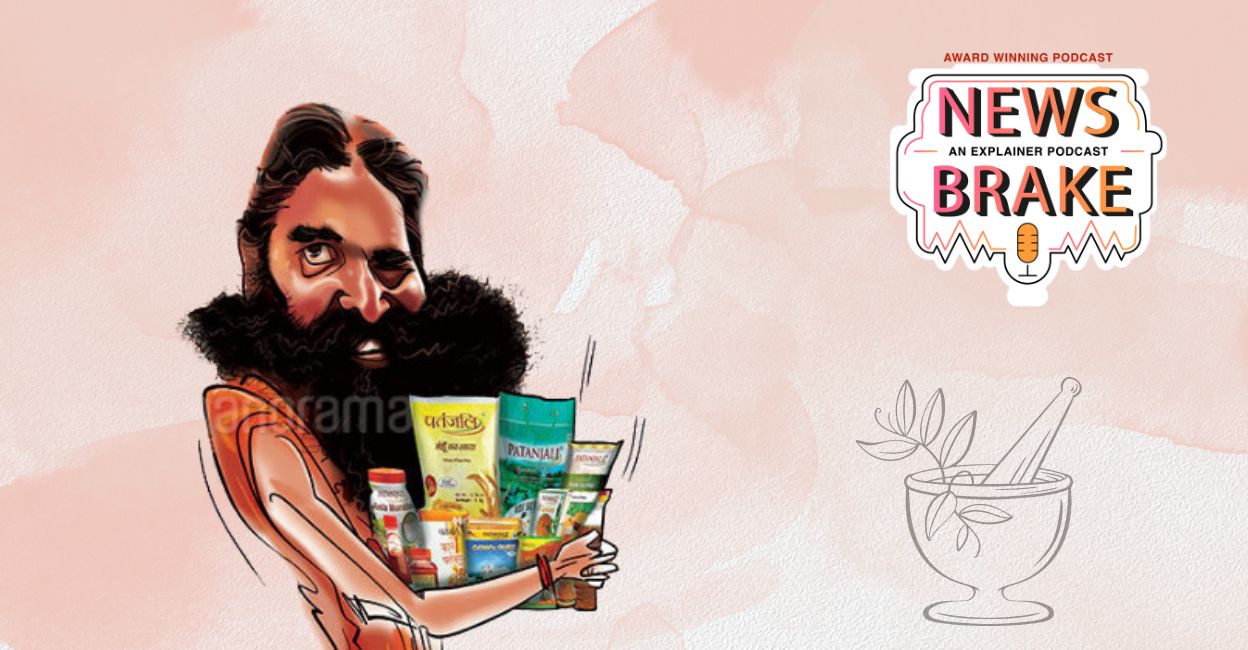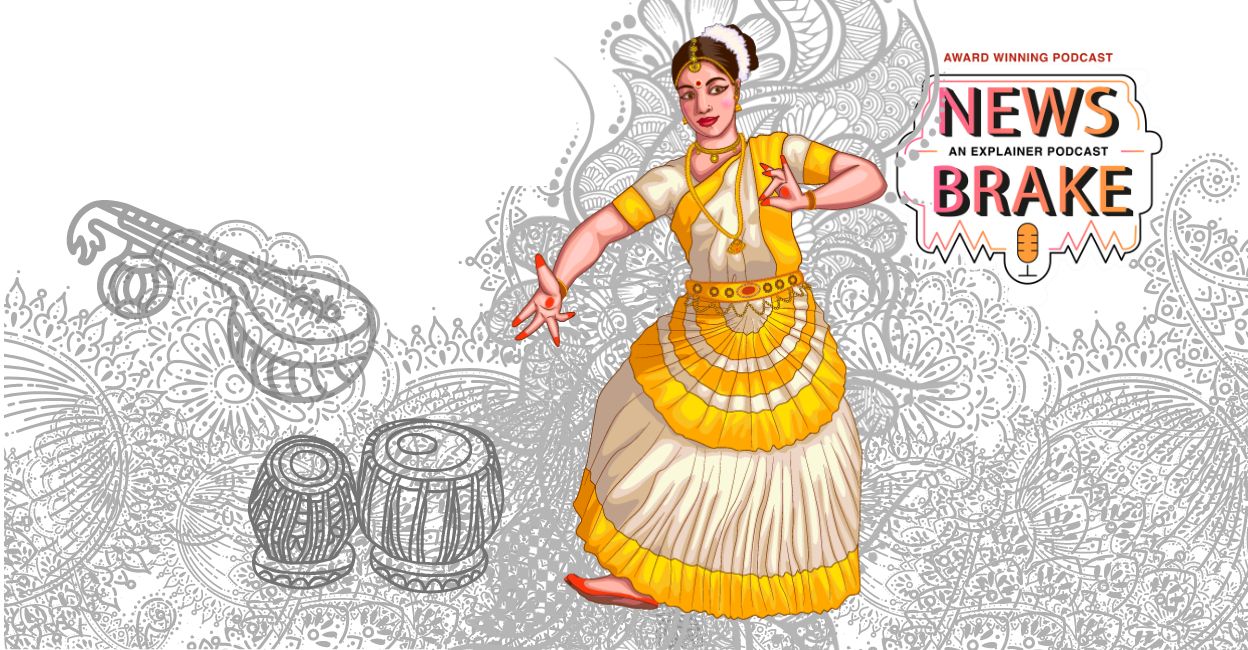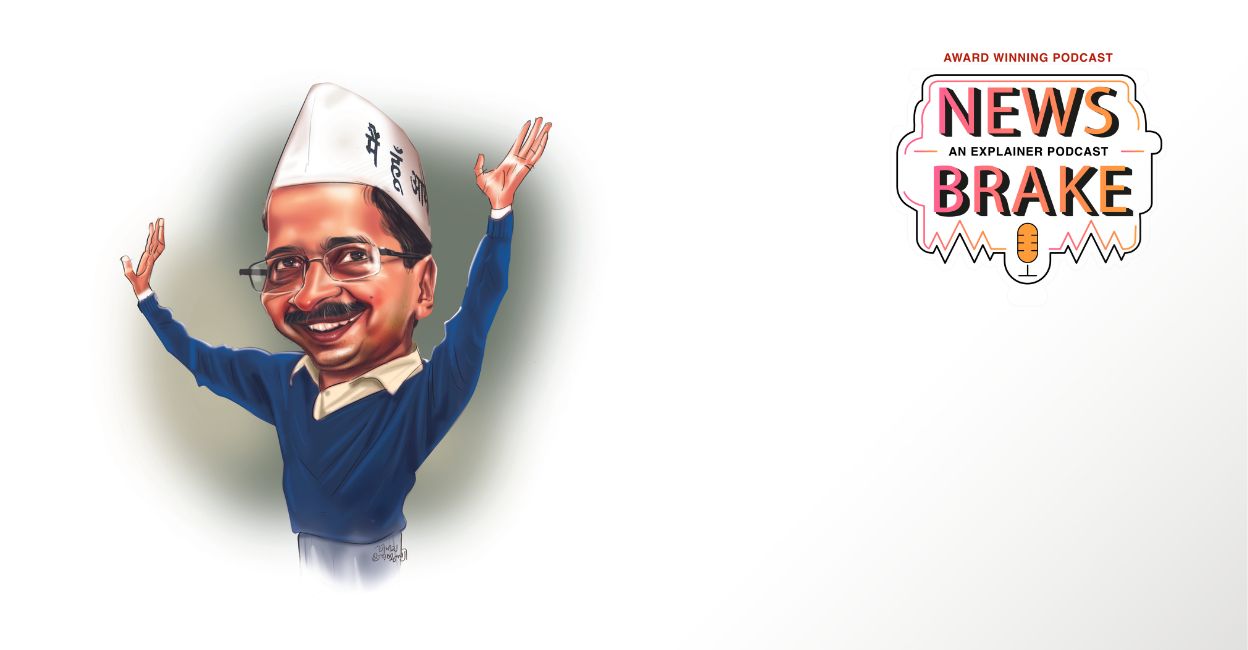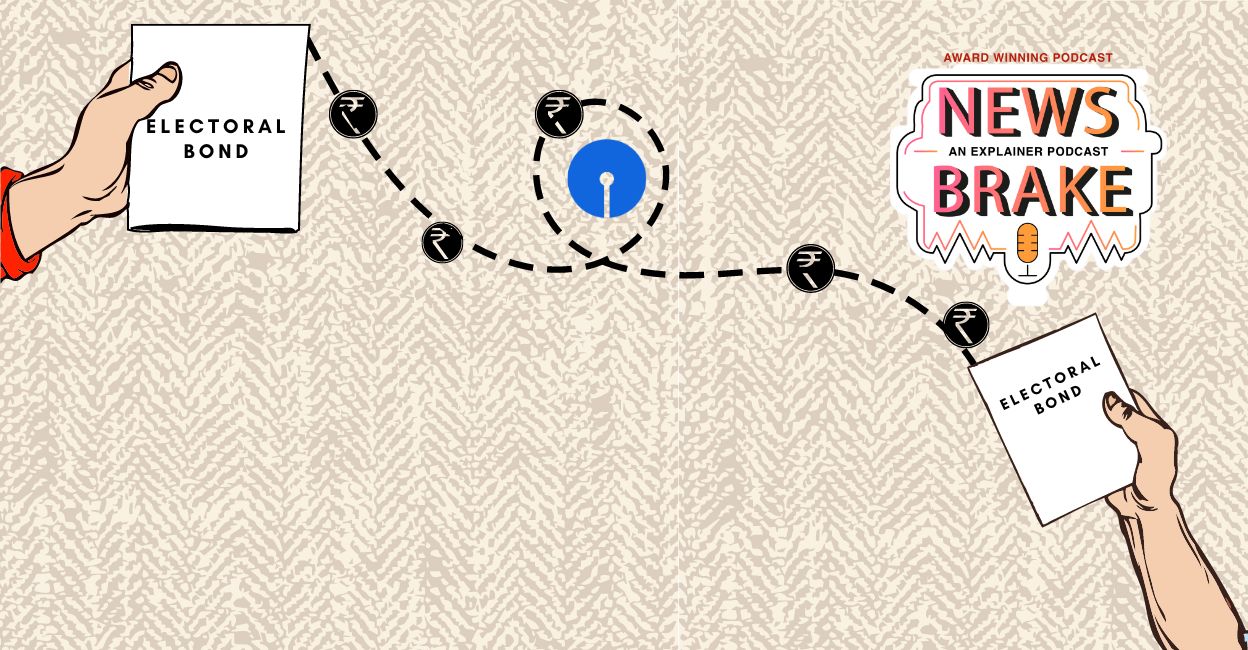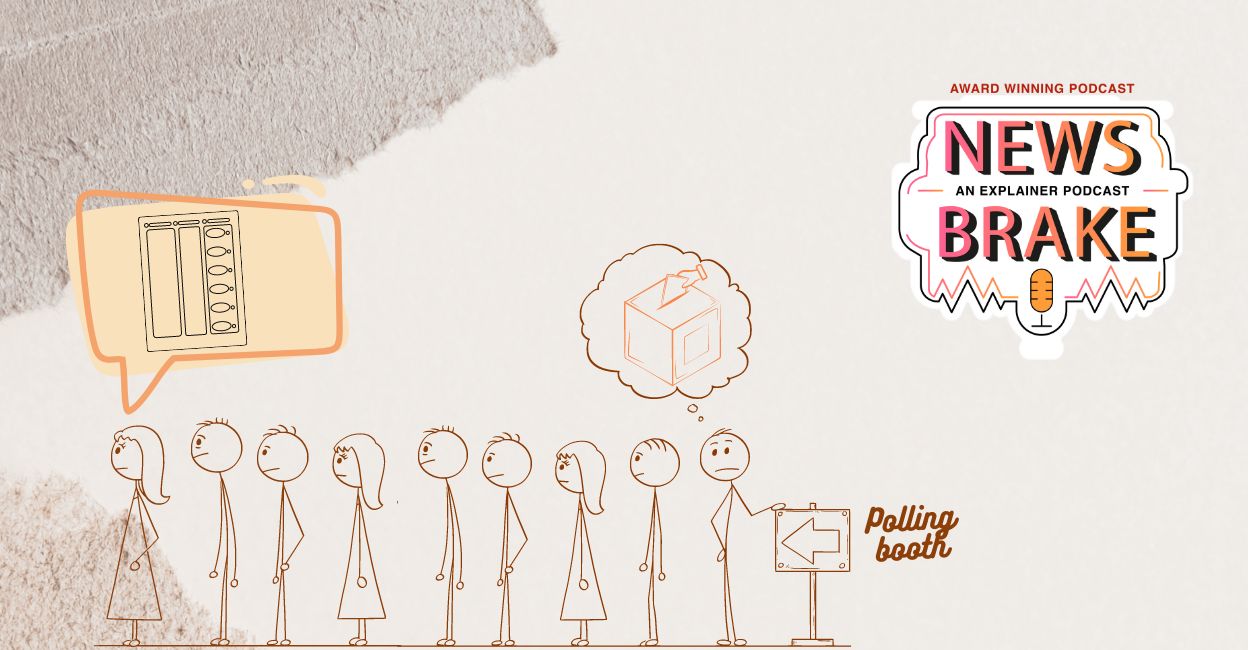Sections
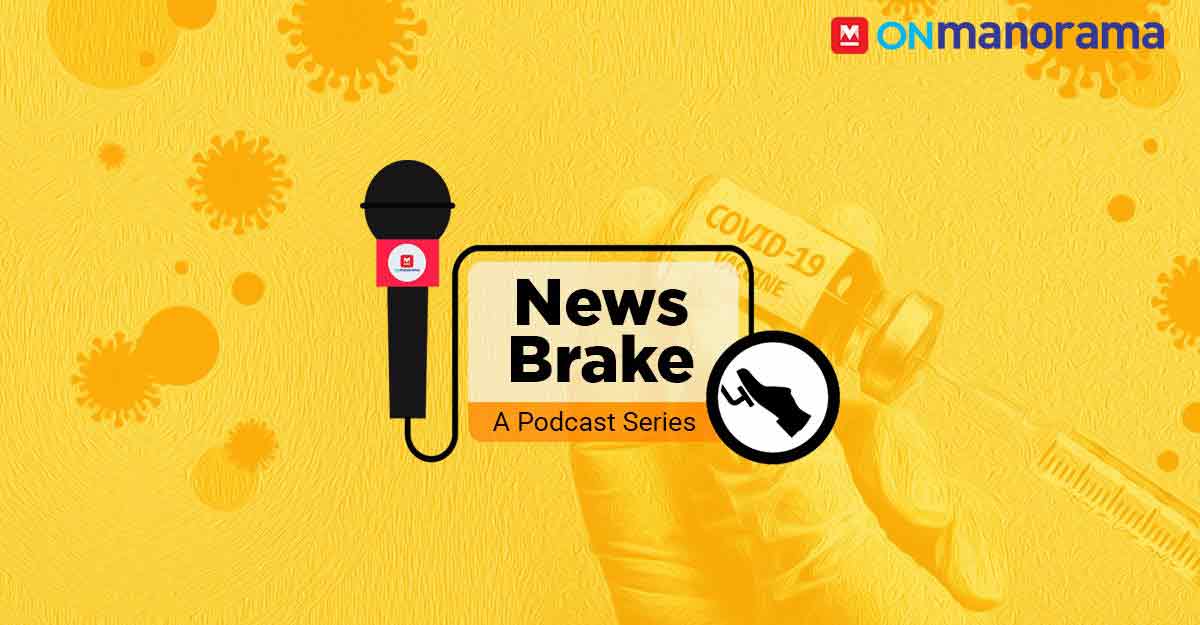
News Brake Published on: January 06, 2021
News Brake Episode – 5: How safe are the COVID-19 vaccines?
Ajish Jimmy GeorgeIn this era of breaking news flashing all over, at News Brake we want to take a pause and present the news to you from all angles. Hence, we apply brakes on the busy lane and take a look at how Covaxin and Covishield vaccines will be made available and its safety concerns.
Producer: Ajish Jimmy George
Edits: Alex Pappachan
Read the Transcript
×
NEWS BRAKE






